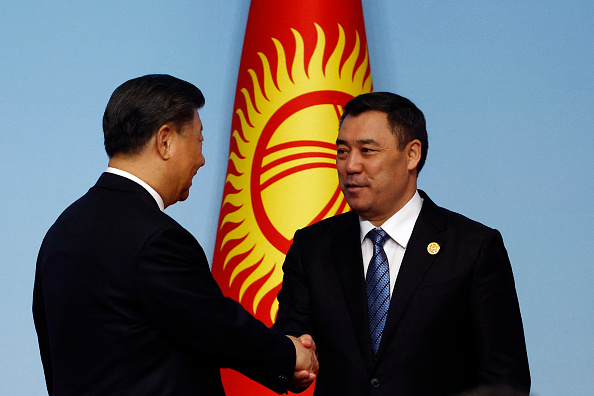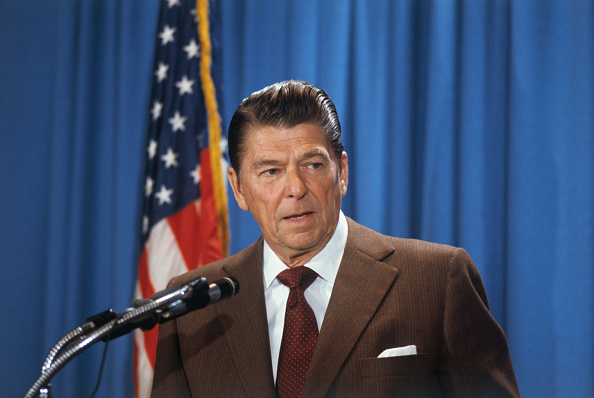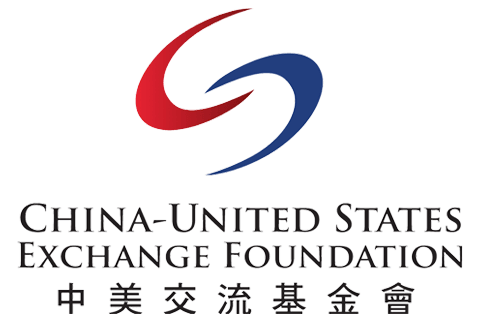
Dear Focus Reader,
This week, the Biden administration proposed prohibiting key Chinese software and hardware in connected vehicles on American roads, citing national security concerns. The move follows heightened scrutiny over China's role in critical industries, including automotive technology, and the potential risks to U.S. infrastructure and data privacy, and further demonstrates how securitization is now a defining factor in U.S.-China trade relations.
The Commerce Department's proposal would effectively ban Chinese cars and trucks from the U.S. market and require automakers to remove Chinese-made software and hardware from vehicles by the 2027 and 2030 model years. The administration also locked in steep tariff hikes on Chinese imports, including a 100% duty on electric vehicles and hikes on EV batteries and key minerals.
Supporting the proposal, Commerce Secretary Gina Raimondo warned that technologies like GPS and cameras in modern vehicles could be exploited by foreign adversaries for surveillance or even sabotage.
In response, China's Foreign Ministry condemned the move as discriminatory and urged the U.S. to provide Chinese companies with "an open, fair, transparent, and non-discriminatory business environment," vowing to safeguard China's "legitimate rights and interests."
The ban coincides with broader U.S. efforts to curb Chinese dominance in critical sectors, including through the Minerals Security Partnership. The partnership, a coalition of 14 nations and the European Commission, recently introduced a financing network designed to support projects that provide essential raw materials for the tech industry, ranging from electric vehicles to advanced defense systems, ultimately reducing dependence on China. They're set to unveil this new financing initiative on Monday, aiming to increase international collaboration and pledge financial support for large projects.Learn more on China-U.S. relations by catching up on our latest Focus content, including topics on AI, security, and more.
The number of kilometers away the Philippines is located from Taiwan. As U.S. military bases in the Philippines remain vital for American power projection, China feels compelled to counterbalance this presence, intensifying security concerns for Manila.
Learn more in "The Philippines, Geopolitical Flashpoint of the Decade," by Sebastian Contin Trillo-Figueroa, Geopolitics Analyst in EU-Asia Relations and AsiaGlobal Fellow, The University of Hong Kong
Poaching and Ivory | Kyle Obermann
Watch VideoIn our Focus Insights section, we featured an article by Peng Nian, Director of the Research Centre for Asian Studies, on the potential and challenges of U.S.-China cooperation in artificial intelligence.
We want to hear from you!
Can China and the U.S. successfully collaborate on AI despite their current political and strategic differences?
Submit your thoughts to USeditor@chinausfocus.com for a chance to be featured in next week's Focus This Week.
useditor@chinausfocus.com for more info.
Prepared by China-US Focus editorial teams in Hong Kong and New York, this weekly newsletter offers you snap shots of latest trends and developments emerging from China and the U.S. every week. It is a community space to exchange thoughts and ideas about the China-U.S. relationship and beyond.
- 2024-09-20 Focus This Week: An Uphill Battle
- 2024-09-13 Focus This Week: Competing Visions
- 2024-09-06 Focus This Week: Increasing Influence
- 2024-08-30 Focus This Week: Dialogue and Diplomacy
- 2024-08-23 Focus This Week: Intensifying Competition
- 2024-08-16 Focus This Week: Working Group Progress
- 2024-08-09 Focus This Week: Walz-ing into a new era?
- 2024-08-02 Focus This Week: Time Remaining
- 2024-07-26 Focus This Week: Political Shifts
- 2024-07-19 Focus This Week: The Third Plenum
- 2024-07-12 Focus This Week: 75 Years of NATO
- 2024-06-28 Focus This Week: The Race to November
- 2024-06-21 Focus This Week: Global Currents
- 2024-06-14 Focus This Week: A Diplomatic Tour
- 2024-06-07 Focus This Week: Searching for Peace
- 2024-05-31 Focus This Week: A Rare Meeting
- 2024-05-24 Focus This Week: Inauguration Across the Strait
- 2024-05-17 Focus This Week: Alliance Strengthened
- 2024-05-10 Focus This Week: Strategic Partnership
- 2024-05-03 Focus This Week: Xi's Heading to Europe



